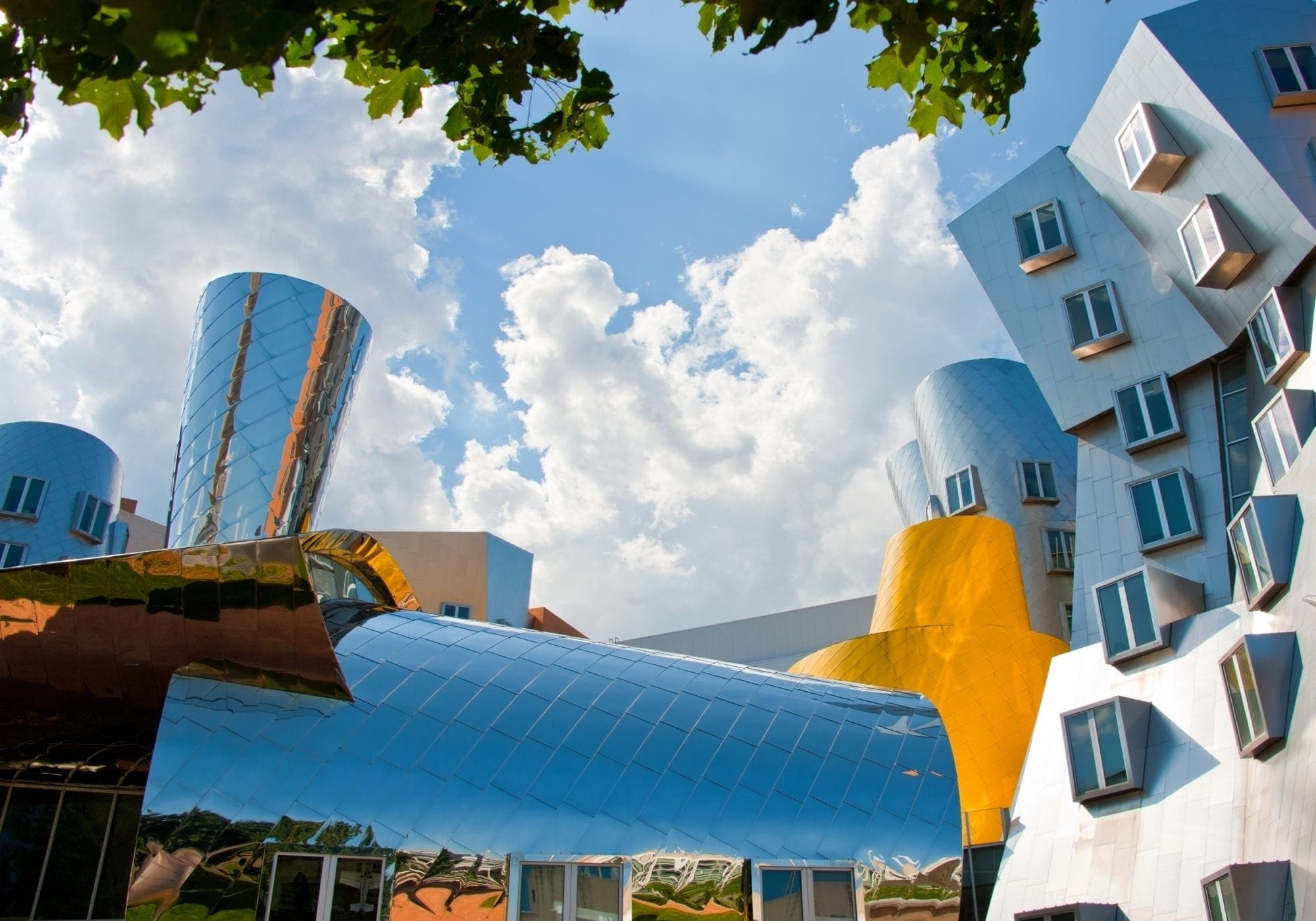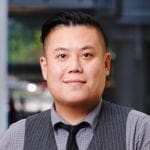Want to help those in need? Take some tips from an MIT world champion
By Barry Chong | September 16, 2019

Nothing quite says “validation” like being lauded by a jury of your peers — and winning a quarter of a million dollars in the process doesn’t hurt either. Such is the story of Helen Adeosun, founder and CEO of Boston-based health startup, CareAcademy. In 2018, Helen became a world champion of the MIT Inclusive Innovation Challenge (IIC), an annual, global pitch competition for innovators helping low-income earners and workers facing disruption. Helen’s tech was novel: an online training platform for caregivers that saved health organizations time and money. And for her efforts, she was awarded one of four $250,000 grand prizes.
“Winning the IIC helped every area of our company,” Helen says. “Most importantly, the competition shone a spotlight on the importance of home care. By 2050, up to two billion people will be over the age of 65, and we’ll need caregivers to help solve this impending burden on the healthcare system.”
This Sept. 18, the tables will be turned and Helen will take a seat at the judges’ table during the IIC’s U.S.-Canada Finals, hosted at MaRS. From a field of 12 startups — six American and six Canadian — she’ll help select four companies that will then go on to compete at the global grand prize gala in Boston on Nov. 21.
We spoke with Helen to get her advice for the finalists, learn about the importance of fighting for caregivers’ rights, and hear her thoughts on the Toronto-Waterloo tech community and the waves it’s making south of the border.
Reserve your ticket for the U.S.-Canada Finals live stream here.
The IIC is about to change the lives of several founders. What advice do you have to the finalists pitching their ideas?
I’d love to hear how challengers have helped both people and organizations on micro and macro levels. What positive results can you share with us? How can you translate those results on an even larger scale? And what is your vision of a better world? That’s what gets me excited. If the finalists can tell that story in a very tight way, they’ll be in good shape.
Your own company is now coming to Canada, your first international expansion. How does it feel?
It’s incredibly exciting. My co-founder and CTO are both Canadian and I have mentors in Waterloo. So many Y Combinator graduates first came out of U of T and the University of Waterloo. I’m really looking forward to meeting more Canadian founders and health tech companies and think Boston and Toronto are complementary — both are world-class cities doing amazing things.
You were a caregiver. What are some of the misconceptions about that profession?
A lot of folks think caregivers are nurses — not the case. Caregivers offer more personalized services and companionship to create the best situation for a client, especially in the home. Currently, there are very few resources in North America to prepare someone for that very special role. And the impact is material: caregivers are generally underpaid and undertrained, and that results in a shortage of workers on the market. We, as a society and healthcare community, have not realized the value of the of the job, how caregivers keep our loved ones healthy and, in turn, provide peace of mind to the rest of us.
You have a background in health policy. Was it scary making the move to startup founder and CEO?
It’s been a huge challenge, but I’ve always had entrepreneurship in my blood. My dad used to bring home Forbes magazines and I would rifle through them, charting my own path, even as a kid. I love solving problems and taking on high-risk projects. Still, it took a long time for me to identify as a founder — maybe because I never saw any founders that looked like me. But I always kept learning and had terrific mentors.
MaRS supports several innovation challenges addressing some of the world’s greatest problems. Learn more about them here.
 Barry Chong
Barry Chong